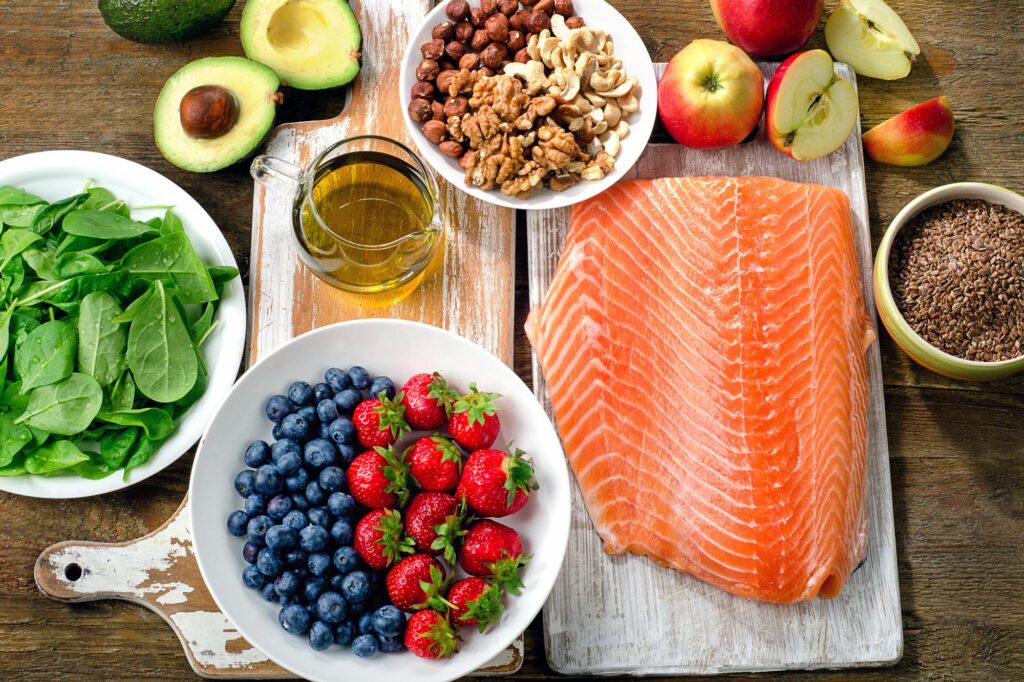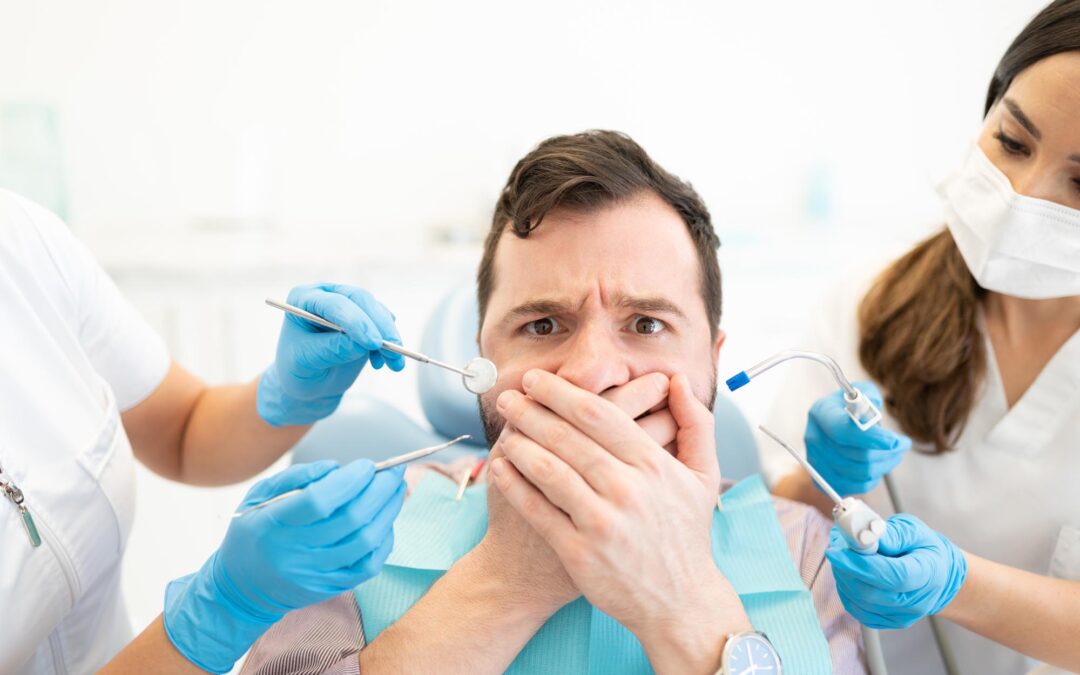The start of a new year brings a unique opportunity to transform your life. As 2025 approaches, you might feel ready to embrace sobriety – a decision that can reshape your future in profound ways.
Starting your sobriety journey isn’t just about stopping substance use; it’s about discovering a new version of yourself. You’ll uncover hidden strengths, rebuild relationships, and create a life filled with clarity and purpose.
This guide will walk you through 5 essential steps to begin your sobriety journey:
- Understanding the signs that indicate it’s time for change
- Building a strong support network
- Selecting the right treatment approach
- Creating a personalized recovery plan
- Making sustainable lifestyle changes
Whether you’re considering sobriety for the first time or recommitting to your recovery journey, these steps provide a roadmap to navigate the path ahead. Your decision to explore sobriety shows courage – it’s the first step toward reclaiming control of your life and building a healthier future.
It’s important to remember that achieving sobriety is just the beginning. The real challenge lies in maintaining sobriety, which can lead to a better life after rehab. Let’s explore how you can make 2025 your year of transformation.
Step 1: Recognize the Need for Change
Recognizing the signs of substance use disorder marks the beginning of your recovery journey. Common indicators include:
- Inability to control substance use despite negative consequences
- Neglecting responsibilities at work, school, or home
- Experiencing relationship difficulties due to substance use
- Developing tolerance or withdrawal symptoms
- Using substances to cope with daily stress
Self-reflection plays a vital role in acknowledging these patterns. Ask yourself:
“Has my substance use affected my relationships, career, or health?” “Do I feel unable to function without using substances?” “Have I tried to quit but found myself unable to maintain sobriety?”
Your answers to these questions can reveal the impact of substance use on your life. Many people find clarity during milestone moments like New Year’s or through initiatives like Dry January. These opportunities for reflection can spark the motivation needed for change.
Making a commitment to sober living requires honesty and courage. This commitment goes beyond a simple New Year’s resolution – it’s a decisive step toward reclaiming control of your life. The recognition of needing change opens doors to healing and growth, setting the foundation for your recovery journey.
If you find that alcohol is a significant part of your substance use, it might be time to consider detoxing from alcohol.
Step 2: Reach Out for Support
Building a strong support network is crucial for your recovery success. Your friends and family can provide emotional backing, accountability, and practical assistance during challenging moments. They can:
- Help maintain your daily routines
- Provide transportation to appointments
- Create substance-free social environments
- Offer encouragement during difficult times
Professional guidance adds another essential layer to your recovery journey. Licensed counselors and therapists, such as those found in addiction counseling, bring specialized expertise to:
- Identify underlying causes of substance use
- Develop personalized coping strategies
- Process trauma and emotional challenges
- Navigate relationship dynamics
Support groups like AA and NA offer unique benefits through shared experiences. These groups provide:
- Regular meetings at flexible times
- A judgment-free space to share your story
- Connection with others who understand your struggles
- Proven 12-step programs for sustained recovery
- Mentorship through sponsor relationships
Many support groups now offer both in-person and virtual options, making it easier to find meetings that fit your schedule. Local chapters often organize social events and activities, helping you build new friendships in a substance-free environment.
It’s worth noting that there are also alternatives to traditional AA and NA that may better suit your needs. Regardless of the path you choose, remember that reaching out isn’t a sign of weakness – it’s a strategic step toward lasting recovery. Your support network can help you navigate challenges, celebrate victories, and maintain accountability throughout your journey.
For those considering support groups, resources such as HelpGuide offer valuable insights into the benefits of these communities. Additionally, understanding the role of peer support groups in drug addiction recovery can be further explored through this comprehensive study.
Step 3: Choose the Right Treatment Program
Your path to sobriety requires a treatment program that aligns with your specific needs. A professional assessment of your addiction severity helps determine the most effective treatment approach for your situation.
Inpatient Programs
- 24/7 medical supervision and support
- Structured environment away from triggers
- Intensive therapy sessions
- Peer support and community living
- Ideal for severe addiction cases
- Duration: 30-90 days
Outpatient Programs
- Flexible scheduling around work/family
- Living at home while receiving treatment
- Regular therapy sessions
- Support group meetings
- Suitable for mild to moderate cases
- Duration varies based on progress
Evidence-based therapies form the cornerstone of successful recovery programs. These scientifically-proven approaches include:
- Cognitive Behavioral Therapy (CBT)
- Dialectical Behavior Therapy (DBT)
- Motivational Enhancement Therapy
- Family Systems Therapy
- Medication-Assisted Treatment (MAT)
Your treatment program should address both the physical and psychological aspects of addiction. At CNV Detox in Los Angeles, our medical professionals conduct thorough evaluations to create personalized treatment plans that maximize your chances of successful recovery. You can explore our various treatment programs designed to cater to different needs.
Consider factors like location, cost, insurance coverage, and program duration when selecting your treatment option. The right program provides comprehensive care while accommodating your personal circumstances and recovery goals.
Step 4: Develop a Comprehensive Plan for Your Sobriety Journey in 2025
A well-structured sobriety plan addresses both immediate physical challenges and long-term recovery needs. Here’s what you need to consider:
Medical Detox Support
- Professional medical supervision during withdrawal ensures your safety
- Medications can help manage severe withdrawal symptoms
- 24/7 medical monitoring prevents complications
- Typical withdrawal duration: 3-14 days depending on substance type
Post-Detox Therapy Options
- Individual counseling to address trauma and mental health
- Group therapy for peer support and shared experiences
- Family therapy to rebuild relationships
- Cognitive Behavioral Therapy (CBT) for managing triggers
Creating Your Aftercare Strategy
- Regular check-ins with addiction specialists
- Weekly support group meetings
- Stress management techniques
- Relapse prevention education
- Life skills development
Your recovery plan should be flexible and adaptable to your changing needs. At CNV Detox, we help you create a personalized roadmap that evolves with your progress. Many clients find success by combining multiple therapeutic approaches with structured aftercare programs.
Remember to document your progress and adjust your plan based on what works best for you. A strong aftercare program can increase your chances of maintaining long-term sobriety by up to 60%.
Step 5: Implement Lifestyle Changes to Support Your Sobriety Journey in 2025
Creating a sober living lifestyle requires strategic changes to your daily routines and environment. Here’s how you can build a strong foundation for lasting recovery:
Restructure Your Environment
- Remove alcohol and substances from your living space
- Change your regular routes to avoid passing triggering locations
- Declutter spaces associated with past substance use
- Create a peaceful, organized home environment
Prioritize Physical Wellness
- Start your day with a nutritious breakfast rich in proteins and whole grains
- Stay hydrated by drinking 8-10 glasses of water daily
- Establish a consistent sleep schedule (7-9 hours nightly)
- Engage in 30 minutes of physical activity:
- Morning walks
- Swimming
- Strength training
- Team sports

Stress Management Practices
- Practice mindful breathing exercises (5-10 minutes daily)
- Try gentle yoga poses for anxiety relief
- Set aside quiet time for meditation
- Use stress-tracking apps to identify triggers
- Keep a gratitude journal
Your new lifestyle should include activities that bring joy and purpose. Consider joining local hobby groups, taking art classes, or volunteering. These positive experiences create natural dopamine releases, helping your brain establish healthy reward patterns without substances.
Remember to pace yourself when implementing these changes. Start with small, manageable adjustments and gradually build upon them as you grow stronger in your recovery.
Setting Goals and Celebrating Milestones on Your Sobriety Journey in 2025
Your sobriety journey thrives on structure and recognition of progress. Start by creating SMART goals for your recovery:
- Specific: “I will attend three AA meetings per week”
- Measurable: “I will track 30 consecutive sober days”
- Achievable: “I will practice meditation for 10 minutes daily”
- Relevant: “I will rebuild relationships with family members”
- Time-bound: “I will complete my 90-day treatment program”
Each milestone deserves celebration – your brain responds positively to rewards. Consider these meaningful ways to acknowledge your progress:
- Create a sobriety journal to document your achievements
- Treat yourself to a spa day at 30 days sober
- Buy something special with money saved from not purchasing substances
- Share your success stories in support group meetings
- Plan alcohol-free activities with supportive friends
Remember to track both major and minor victories. A week of consistent sleep, handling a stressful situation without substances, or completing a challenging workout – these small wins build the foundation for lasting recovery. Your dedication to positive change deserves recognition at every step.
As you navigate through this journey, don’t forget the importance of aftercare post-treatment. Aftercare plays a crucial role in maintaining your sobriety and ensuring long-term success.
Preparing for Challenges and Relapse Prevention Strategies on Your Sobriety Journey in 2025
Relapse isn’t a sign of failure – it’s a common part of the recovery process that affects up to 60% of individuals in their sobriety journey. Your response to these moments shapes your path forward.
Key strategies to manage potential relapse triggers:
- Create a personal trigger inventory listing situations, emotions, or places that might challenge your sobriety
- Build a rapid response plan with specific actions to take when cravings hit
- Practice stress-reduction techniques like deep breathing or progressive muscle relaxation
- Keep emergency contact numbers readily available for immediate support
Effective craving management techniques:
- Use the “HALT” method – check if you’re Hungry, Angry, Lonely, or Tired
- Practice the 15-minute rule: wait before acting on urges
- Engage in physical activities to redirect your focus
- Document your cravings in a journal to identify patterns
Remember: each challenging moment you navigate strengthens your resilience. Your ability to recognize and respond to potential relapse triggers grows stronger with practice and persistence.
Conclusion
Your journey to sobriety in 2025 starts with a single step – the decision to change. Each day presents a new opportunity to build the life you envision for yourself, free from substance use.
At CNV Detox in Los Angeles, we understand the complexities of beginning your recovery journey. Our team of medical professionals provides comprehensive, personalized care in a supportive environment designed to help you succeed.
Ready to transform your life?
- Access medically supervised detox programs
- Receive support from experienced addiction specialists
- Join a community dedicated to your recovery success
- Begin your healing journey in our Los Angeles facility
Your path to recovery doesn’t have to be walked alone. Take the first step toward a healthier, substance-free life today. Contact CNV Detox at (213) 354-7155 or visit our website to learn about our treatment programs and start your transformative journey to sobriety in 2025.
Your new chapter awaits – reach out now and let us help you write it.





